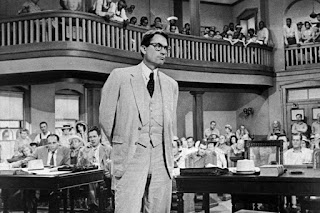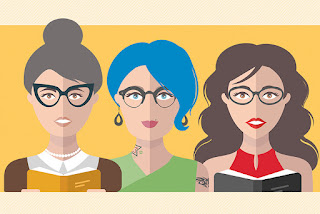Nextgen Wayback Machine Slated For 2017
As a big fan of the Internet Archive's Wayback Machine (blogged here , here , and here ), I was excited to hear that there is a nextgen Wayback Machine in the works. The Wayback Machine , a service used by millions to access 19 years of the Web’s history, is about get an update. When completed in 2017, the next generation Wayback Machine will have more and better webpages that are easier to find. Today, people’s work, and to some extent their lives, are conducted and shared largely online. That means a portion of the world’s cultural heritage now resides only on the Web. And we estimate the average life of a Web page is only one hundred days before it is either altered or deleted. “The Internet Archive is helping to preserve the world’s digital history in a transformational way,” said Kelli Rhee, LJAF Vice President of Venture Development. “Taking the Wayback Machine to the next level will make the entire Web more reliable, transparent and accessible for everyone.” Project




